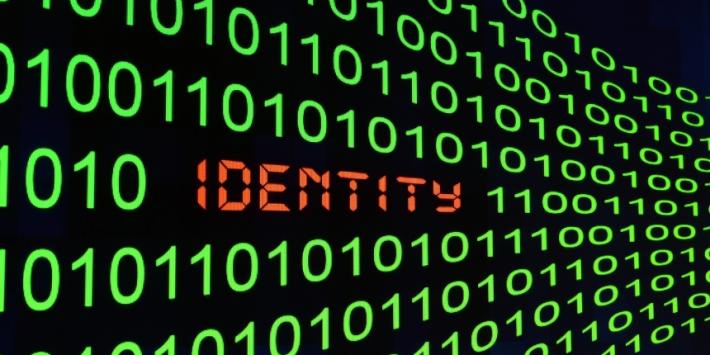on the crypto

The "Ketsal Open Standards" kit
Under the name of “Ketsal Open Standards”, the toolkit, developed by the law firm Ketsal, proposes the use of concrete and measurable data to strengthen or overthrow the decentralization claims of a blockchain.
This is the latest contribution to a long debate on cryptocurrencies: when and how can something be truly decentralized? Finding that key, said toolkit co-creator and Ketsal partner Josh Garcia, can help investors, security researchers and even regulators root out the sometimes bogus claims about blockchain projects.
Thirty-three parameters to test the decentralization of a blockchain
The standards defined by Garcia and co-author Jenny Leung are certainly not the first toolkit to measure the decentralization of a blockchain, but it appears to be one of the most effective around. Thirty-three parameters investigate the concrete effects behind the presumption of decentralization of the blockchain.
Many are evident. For example, the number of nodes in the reference network - a decentralized network should have plenty of them - and the licensing status of its underlying code - open source or not - are clear benchmarks.
But others appear to be more sophisticated. The Ketsal framework proposes to weigh the network's GitHub statistics, measure communication times between nodes, determine how large is the share of cryptocurrency in the wallets (and the weight of whale investments) - and also the theoretical cost of any 51% attack, among others.
Compiling these statistics can help researchers better understand a blockchain's in-the-moment distribution even if reaching a quantitative verdict on its decentralization is impossible, Garcia said. "It's not an answer to the question, 'What is decentralization,' but it's a way to find that answer," he said.
Choose the decentralization that best suits every need
Providing a broad selection of different parameters is critical, he said, to suitably serve political, computational and economic analysts seeking specific "decentralization" for them.
A securities regulator interested in the Howey test would probably choose different parameters than a security researcher who probes the net for bugs. Just as analysts in different fields may want similar parameters.
If all major miners are geographically concentrated or grouped into a single pool, a blockchain could face increasing centralization and security risks, according to Ketsal.
Four pools alone have mined 58% of Bitcoin's blocks in the past year, the kit shows. Garcia said his team spent months compiling all the relevant metrics from the world's best-known blockchain network. Bitcoin's resilience and the agreement that it is indeed decentralized make it an ideal case study, and Garcia said it is the obvious benchmark for countering other projects.
